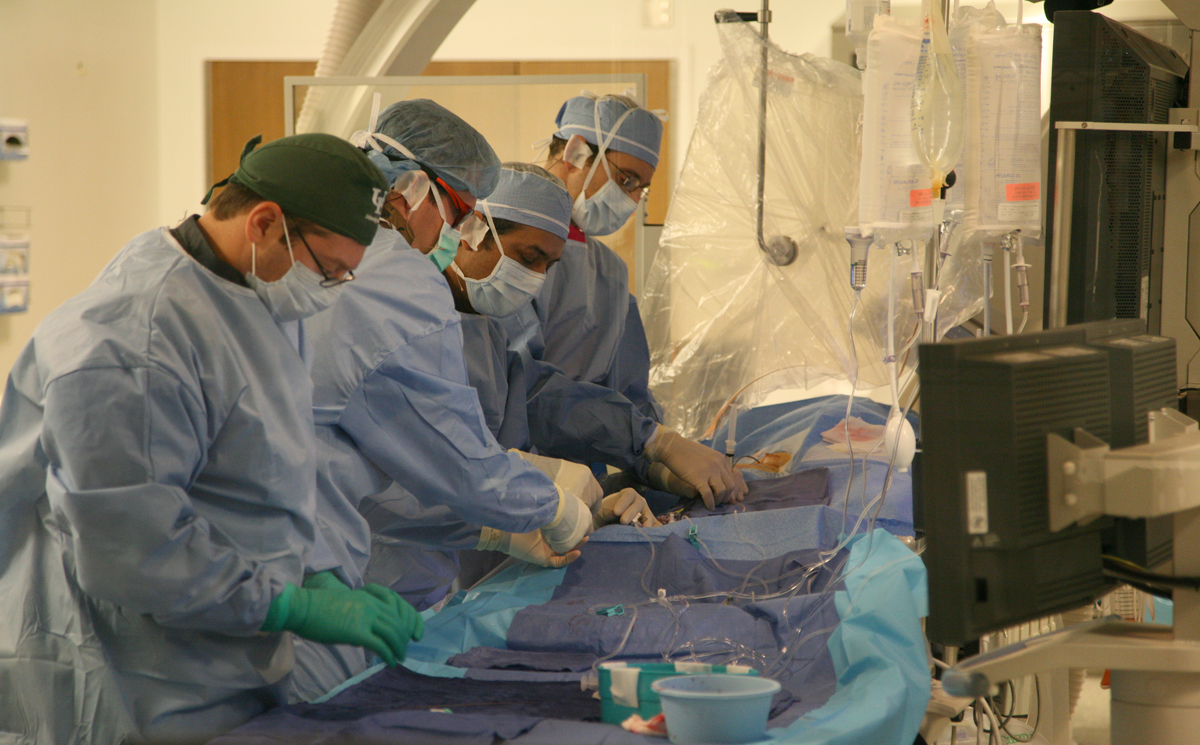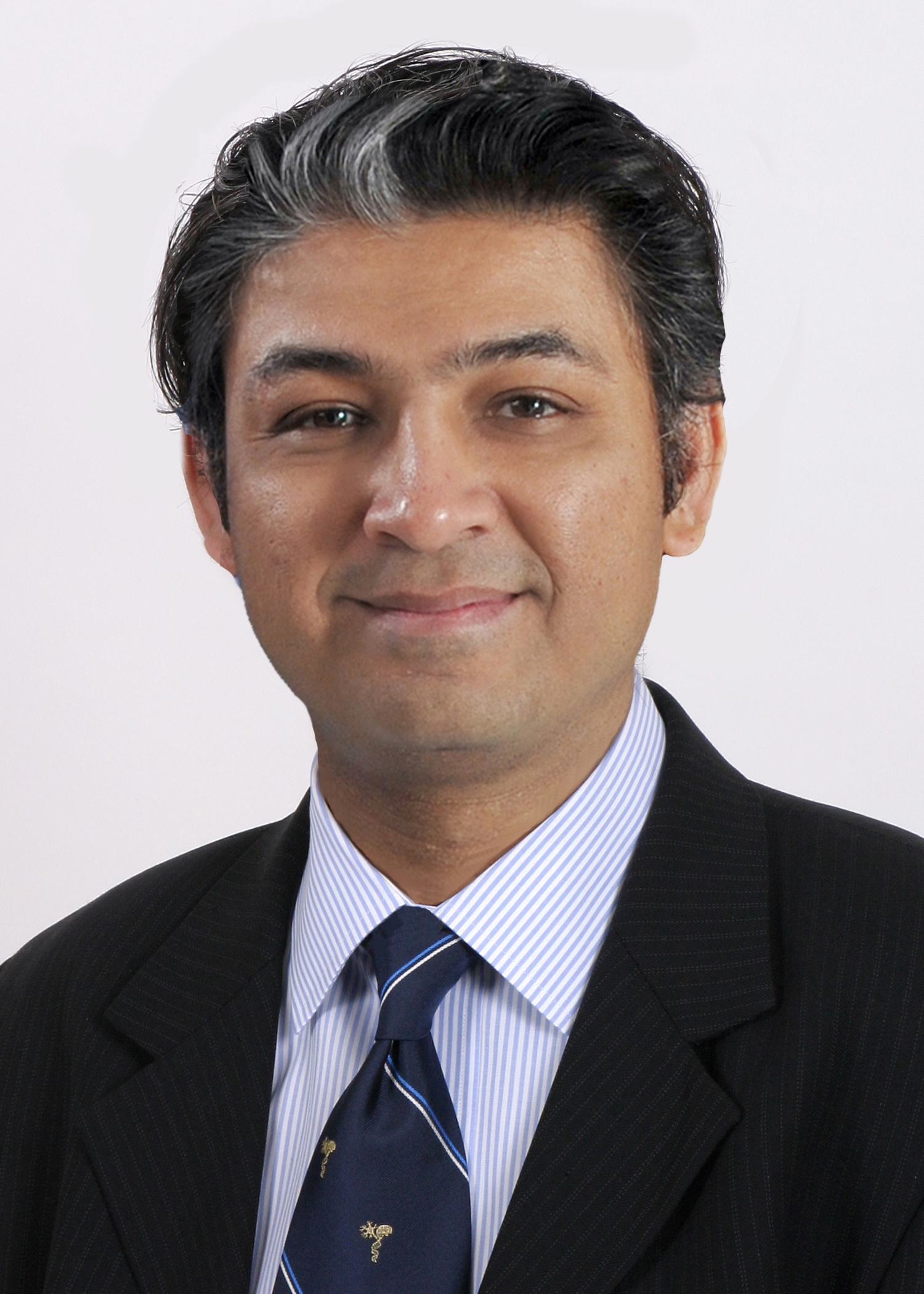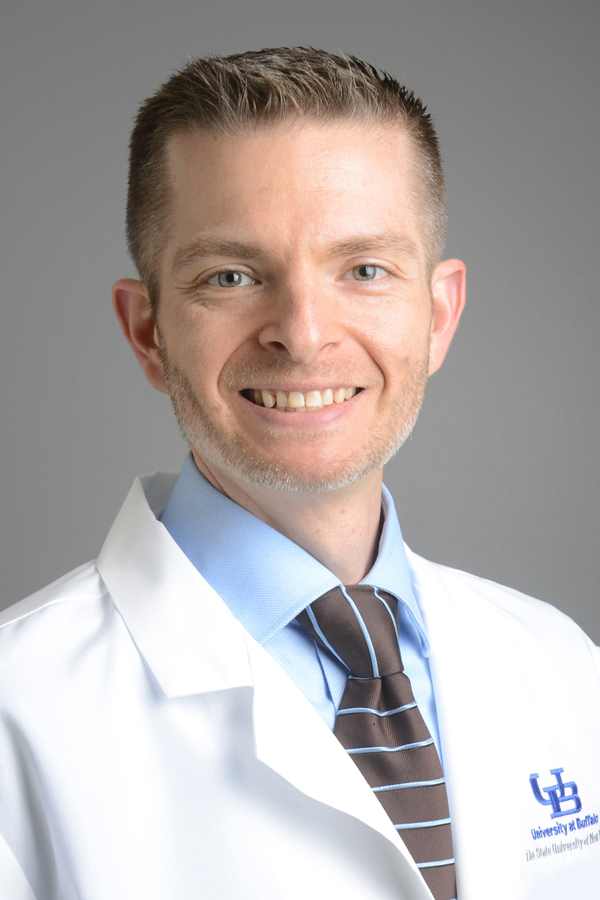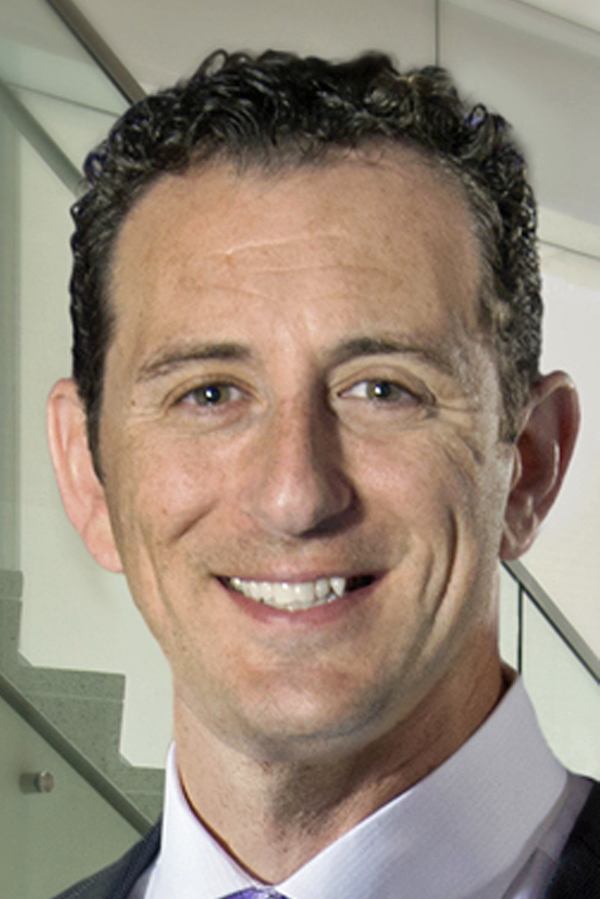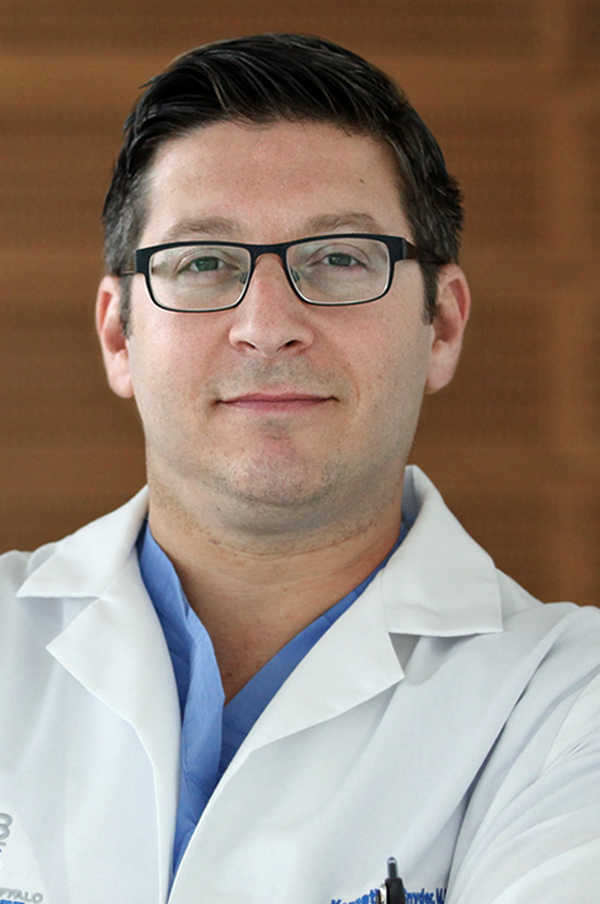 Niagara’s most experienced stroke center is about to take patient care to a whole new level, provided by world renowned specialists aided by artificial intelligence technology.
Niagara’s most experienced stroke center is about to take patient care to a whole new level, provided by world renowned specialists aided by artificial intelligence technology.
Under the umbrella of Advanced Stroke Program or “ASP,” Niagara Falls Memorial Medical Center (NFMMC) and University of Buffalo Neurosurgery (UBNS) announced today that UBNS will be providing medical care for stroke patients at Niagara Falls Memorial effective Monday.
UB Neurosurgery’s internationally renowned endovascular team, which includes Dr. Elad Levy, Dr. Adnan Siddiqui, Dr. Kenneth Snyder and Dr. Jason Davies, will provide on-call stroke coverage at Memorial 24 hours/day, 7 days a week.
An innovative technology called Viz.ai from Medtronic will enable enhanced CT angiography of the brain at Memorial’s Heart Center/ER1 Emergency Department to be delivered instantaneously to the UB Neuro physician for immediate diagnosis and treatment assessment. CT perfusion studies can be transmitted in real time to the on-call stroke specialist.
In the past, many patients presenting with advanced stroke symptoms at Memorial’s emergency department were transferred to Gates Vascular Institute for diagnosis.
Most of those transfers will now be eliminated as patients will receive the same stroke care protocol in Memorial’s Cardiac Stroke Unit under the direction of a UB Neuro physician. UB Neuro will also provide on-site care to stroke patients who are admitted to Memorial’s Cardiac/Stroke Care Center.
“In essence, we are bringing the technical expertise and cutting edge stroke care treatment protocols used by these neuro specialists at the Gates Vascular Institute to our campus,” said Niagara Falls Memorial President & CEO Joseph A. Ruffolo. “This collaboration with UB Neurosurgery completes Memorial’s Circle of Cardiac Care at our Heart Center. Now, like patients presenting with a heart attack, stroke patients presenting at our emergency room can avoid a risk-laden trip across the Grand Island bridges to get treatment.”
Serving as Memorial’s medical stroke director will be Dr. Snyder, a board certified and fellowship trained neurosurgeon and a former research fellow at the Barrow Neurological Institute, known as one of the best neurosurgical training centers in the United States.
Dr. Snyder is a past recipient of the Congress of Neurological Surgeons Vascular Fellowship for Cerebrovascular Research, The Toshiba Stroke Imaging Research Fellowship and the Arnold P. Gold Foundation Humanism and Excellence in Teaching Award. He has published numerous articles, holds multiple patents, and is an active member of several national neurosurgical and interventional organizations.
The neuroendovascular component of the renowned Kaleida Health Stroke Care Team at Gates Vascular Institute in Buffalo, UBNS is a multidisciplinary team of experienced neurosurgeons, neurologists and emergency medical professionals who are expertly trained in comprehensive acute stroke care.
UBNS is a world-leader in the prevention and treatment of cerebrovascular disease – an umbrella term that refers to complex disorders of the complex blood vessels of the brain, including stroke, aneurysms and arteriovenous malformations (AVMs).
The Facts about Stroke
- Stroke kills about 140,000 Americans each year—that’s 1 out of every 20 deaths.1
- Someone in the United States has a stroke every 40 seconds. Every 4 minutes, someone dies of stroke.
- Every year, more than 795,000 people in the United States have a stroke. About 610,000 of these are first or new strokes.
- About 185,000 strokes— nearly 1 of 4 — are in people who have had a previous stroke.
- About 87% of all strokes are ischemic strokes, in which blood flow to the brain is blocked.
- Stroke costs the United States an estimated $34 billion each year. This total includes the cost of health care services, medicines to treat stroke, and missed days of work.
- Stroke is a leading cause of serious long-term disability. Stroke reduces mobility in more than half of stroke survivors age 65 and over.
Signs of Stroke in Men and Women
- Sudden numbness or weakness in the face, arm, or leg, especially on one side of the body
- Sudden confusion, trouble speaking, or difficulty understanding speech
- Sudden trouble seeing in one or both eyes
- Sudden trouble walking, dizziness, loss of balance, or lack of coordination
- Sudden severe headache with no known cause
Call 9-1-1 right away if you or someone else has any of these symptoms.
Note the time when any symptoms first appear. This information helps health care providers determine the best treatment for each person. Do not drive to the hospital or let someone else drive you. Call an ambulance so that medical personnel can begin life-saving treatment on the way to the emergency room.
Source:Centers for Disease Control and Prevention

